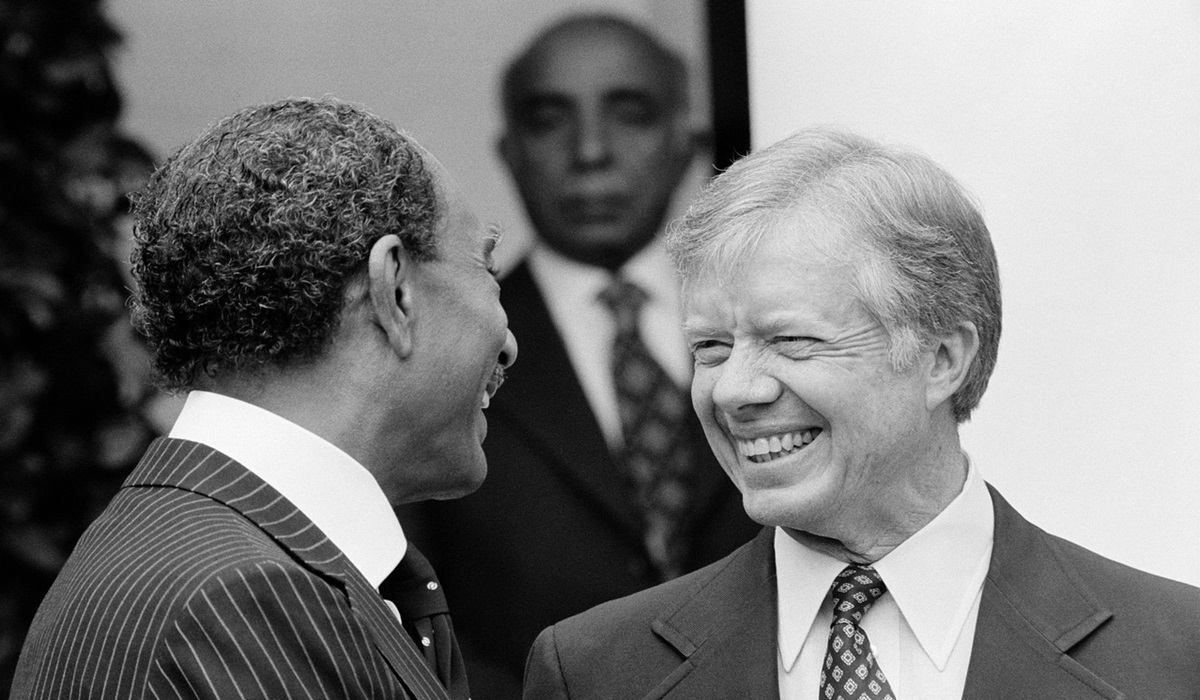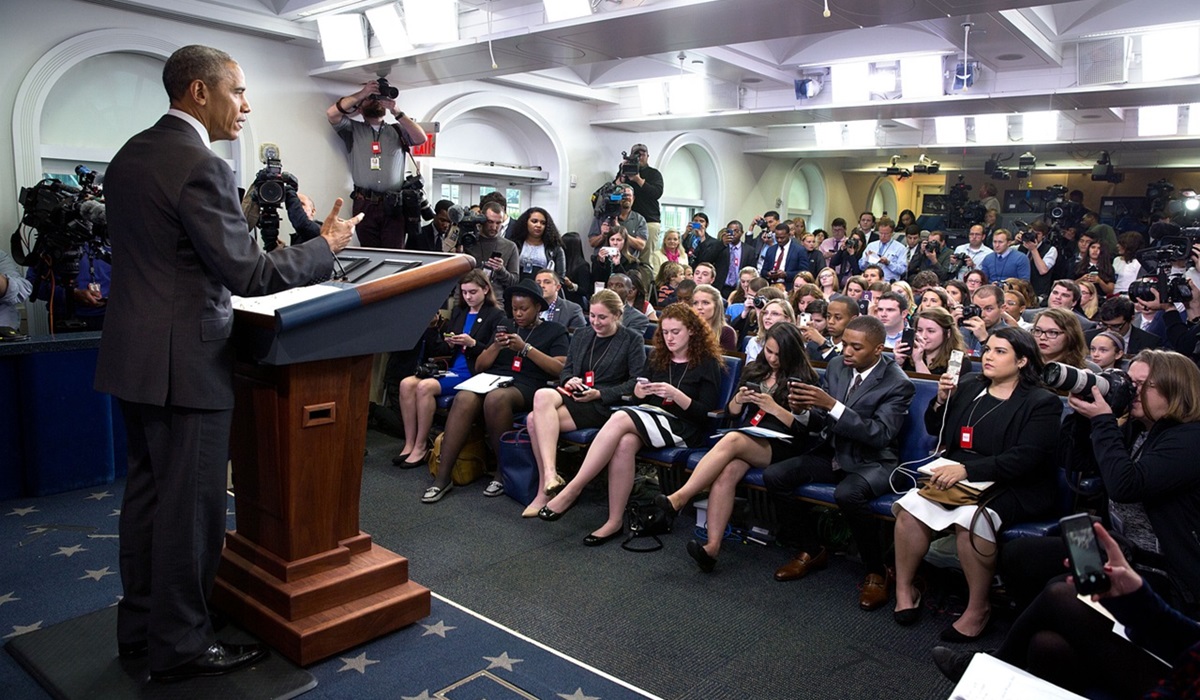A Paradox of Power: Jimmy Carter’s Call for Peace in a World of War
- Kingston Bailey
- U.S.A
- June 11, 2024

Image Credit, WikiImages
In the annals of American history, few leaders have left as indelible a mark on the national conscience as Jimmy Carter, the 39th President of the United States. Known for his humble demeanor, unwavering commitment to human rights, and tireless efforts for global peace, Carter’s legacy extends far beyond his tenure in the White House. Among his many poignant reflections, one statement stands out as a stark reminder of a profound paradox: “We cannot be the world as champion for peace and the world’s leading supplier of weapons of war.”
This statement encapsulates a fundamental contradiction at the heart of American foreign policy. The United States, often hailed as a beacon of democracy and a global advocate for peace, simultaneously holds the title of the largest arms exporter in the world. This duality raises pressing questions about the nature of true leadership and the moral responsibilities of a superpower.
America’s role as a champion for peace is rooted in its foundational values of liberty, justice, and the pursuit of happiness. Throughout the 20th century, the U.S. played pivotal roles in establishing international institutions aimed at fostering global stability and peace, such as the United Nations and NATO. American diplomacy has brokered countless peace agreements, provided humanitarian aid, and promoted democratic governance worldwide.
Former President Carter epitomized this vision of America as a force for good. His administration’s achievements in international diplomacy, particularly the Camp David Accords between Egypt and Israel, showcased the power of negotiation and peaceful resolution of conflicts. Carter’s post-presidency endeavors through the Carter Center further solidified his commitment to human rights and the eradication of diseases, exemplifying a life dedicated to peace and global well-being.
Contrasting sharply with this image of benevolence is the stark reality of the U.S. as the world’s leading supplier of arms. According to the Stockholm International Peace Research Institute (SIPRI), the United States accounts for a significant portion of global arms exports, providing advanced weaponry to a diverse array of nations, including those with contentious human rights records and ongoing conflicts.
This arms trade is not merely an economic activity; it is deeply entwined with geopolitical strategies and national security policies. The rationale often presented is that supplying weapons to allies and strategic partners helps to stabilize regions, deter aggression, and maintain a balance of power. However, this flow of arms can also exacerbate conflicts, fuel violence, and contribute to human suffering, undermining efforts for lasting peace.
Jimmy Carter’s words bring to the fore a critical ethical dilemma. Can a nation truly champion peace while simultaneously profiting from the instruments of war? This paradox challenges the integrity of America’s moral leadership on the world stage. It suggests a need for introspection and a reevaluation of priorities, balancing national interests with a genuine commitment to global harmony.
Carter’s legacy offers a path forward. Emphasizing diplomacy over militarism, supporting disarmament initiatives, and investing in conflict prevention and resolution can realign America’s actions with its professed ideals. Programs that foster economic development, education, and healthcare in conflict-prone regions can address the root causes of violence, reducing the demand for arms.
To reconcile this paradox, the U.S. must lead by example, demonstrating that true strength lies not in the capacity for destruction but in the power to heal and unify. This involves not only policy shifts but also a cultural transformation, embracing values of empathy, cooperation, and nonviolence.
As the world grapples with complex challenges, from climate change to global pandemics, the imperative for peaceful collaboration has never been greater. By embodying the principles of justice and compassion, the United States can inspire other nations to follow suit, fostering a global community where peace is not merely an aspiration but a lived reality.
President Carter’s profound observation serves as a clarion call for America to live up to its highest ideals. It urges a reexamination of the nation’s role on the world stage, striving to be a true champion for peace in both word and deed. By addressing the contradictions in its foreign policy, the United States can forge a future where it leads not by the might of its arms but by the strength of its moral conviction.








